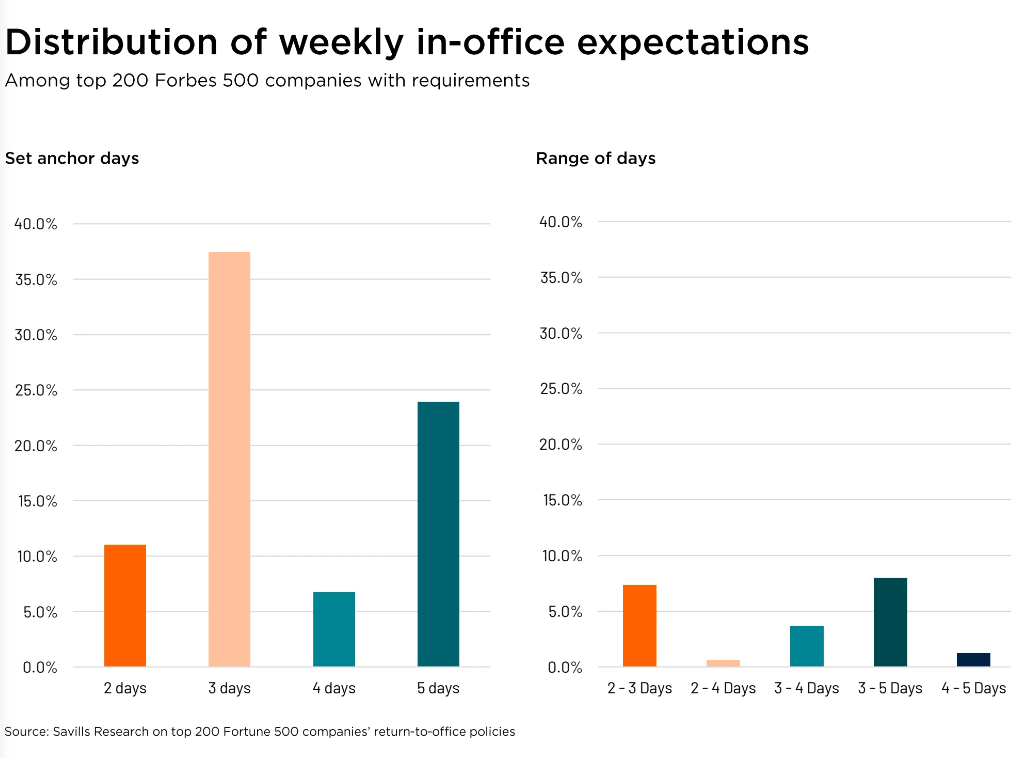The Blockchain Opportunity in CRE Finance
Could strategic investments in this new technology be the next big competitive advantage for CRE players? Insights on the trend from two Deloitte experts.
By Steven Bandolik and Surabhi Kejriwal
Commercial real estate firms are heavily reliant on commercial banks, life insurance companies, and CMBS for financing. Often, despite using technology, CRE companies face financing challenges, which result in inefficiencies, delays, opaqueness, and inaccuracies.
Some of the common challenges include time-consuming, predominantly offline due diligence and loan documentation processes; slow, complex, and expensive mortgage and securitization origination and servicing; and distrust and conflicts of interest among intermediaries.
Most firms, however, have yet to explore the one solution that could solve for these challenges, inefficiencies and inaccuracies: blockchain technology. A recent Deloitte Center for Financial Services report points out that blockchain and its applicability to different CRE processes constitutes a huge opportunity for the industry.
In our view, as borrowers, CFOs have the opportunity to use blockchain technology to not just improve current financing practices, but also expand options:
- Increase transparency and speed of current financing processes
To move away from current documentation, approvals, and servicing practices, CRE companies could create digital identities for each property— essentially a digital identifier that consolidates information such as financial and legal status, and performance metrics, in digital form. This would reduce due diligence and loan documentation time, and perhaps even data integrity concerns.
Thereafter, CRE companies and banks can execute loan documentation as a smart contract. Smart contracts are pieces of software, not contracts in the legal sense, that extend blockchains’ utility from simply keeping a record of financial transaction entries to automatically implementing terms of multiparty agreements, with reduced risk of error or manipulation. Importantly, smart contracts are accessible to all involved legal parties, and consequentially can be used to reduce inefficiencies and the need for intermediaries while increasing transparency.
Moreover, execution of smart contracts on blockchain platforms would create a series of complete, immutable, and traceable records, which would offer audit trails of transactions such as ownership history, property cash flows, mortgage payments, etc. CRE owners could also track their mortgages in real time.
- Expand financing alternatives
Currently, banks are tightening lending standards over concerns about their CRE loan exposure. Additionally, CMBS issuances continue to decline, and refinancing is becoming challenging due to the implementation of new risk retention rules. Both forces are pushing CRE companies to consider alternative and reliable sources of financing. Blockchain offers the opportunity to crowdsource funds, because anyone can offer funds based on the property’s digital identity.
- Enhance liquidity of real estate as an asset class
Blockchain may expand trading of CRE as an asset class. Imagine if CRE ownership is converted into a digital asset in the future. Likewise, if other assets and commodities are also converted into digital assets, there may be more seamless trading across different asset classes.
While these are just a few of the ways in which blockchain can transform real estate financing, there are many other applications of the technology from which firms could benefit. Regardless of which approaches are best for individual firms, strategic investments in blockchain could be the next big competitive advantage for CRE players.
Steven Bandolik is a managing director with Deloitte Services LP and a senior leader in Deloitte¹s real estate services practice. Bandolik provides advisory services in capital markets (debt and equity), corporate finance, mergers and acquisitions, investments, restructuring and reorganization, workout, and asset recovery. Bandolik brings more than 30 years of effective, hands-on commercial real estate investment, finance, development, and asset/property management experience, both as a leader and as a strategic advisor.
Surabhi Kejriwal is the Real Estate research leader at the Deloitte Center for Financial Services where she is responsible for driving eminence and thought leadership for the Real Estate practice.









You must be logged in to post a comment.